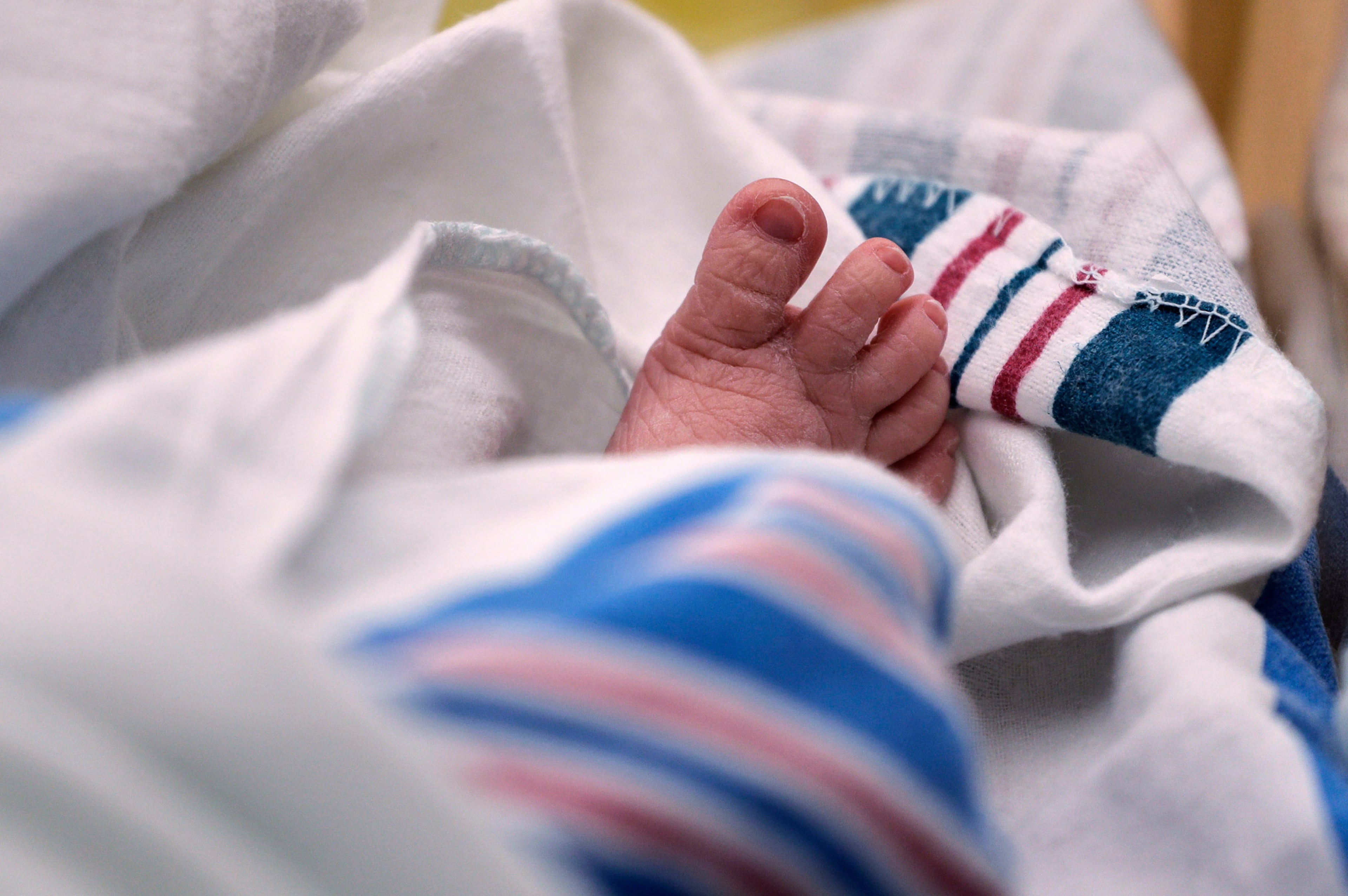Is a safe male birth control gel on the way? Study shows progress
If trials continue to go well, a teaspoon of gel rubbed on the shoulders once a day might be all men need for contraception.
National Institutes of Health Contraceptive Development Program chief Diana Blithe has been leading the research on Nestorone, a synthetic hormone-based male birth control, since 2018. Speaking earlier this month at ENDO 2024, the Endocrine Society’s annual meeting in Boston, her team shed a little light on the gel’s latest phase of testing.
“The development of a safe, highly effective and reliably reversible contraceptive method for men is an unmet need,” Blithe said in a news release. “While studies have shown that some hormonal agents may be effective for male contraception, the slow onset of spermatogenic suppression is a limitation.”
Funded by the Eunice Kennedy Shriver National Institute of Child Health and Human Development, the Contraceptive Development Program’s study is in its second major phase. More than 200 men completed a minimum three weeks of daily treatments to test the safety and efficacy of Nestorone.
“It was basically like a hand sanitizer solution,” Torrance, California-native Logan Whitehead, 24, told NBC News. “Smelled like hand sanitizer, looked like hand sanitizer.”
Participating in the study, Whitehead applied Nestorone to his shoulders each day for 18 months. During that time, he noticed no side effects — other than some acne on his upper back and minor weight gain. Whitehead said his new, sedentary job might be to blame for the weight, and he would keep using the gel if given the chance.
“The gel was such an easy process,” he said. “It was basically like taking the pill for the day.”
The study reported effective contraception in 86% of subjects by the 15th week of testing, a speedy result that is pushing the research to new places. Now the study will focus on monitoring the health of its subjects post-treatment.



